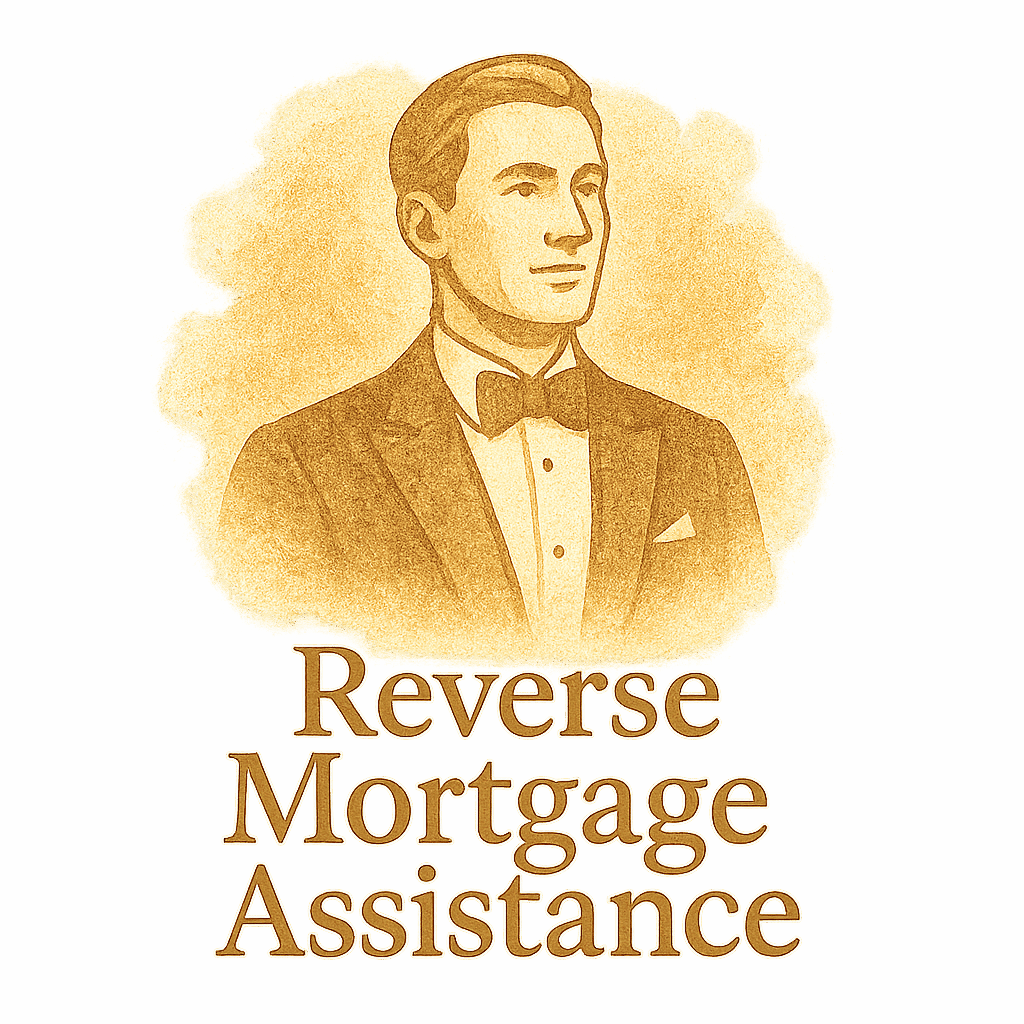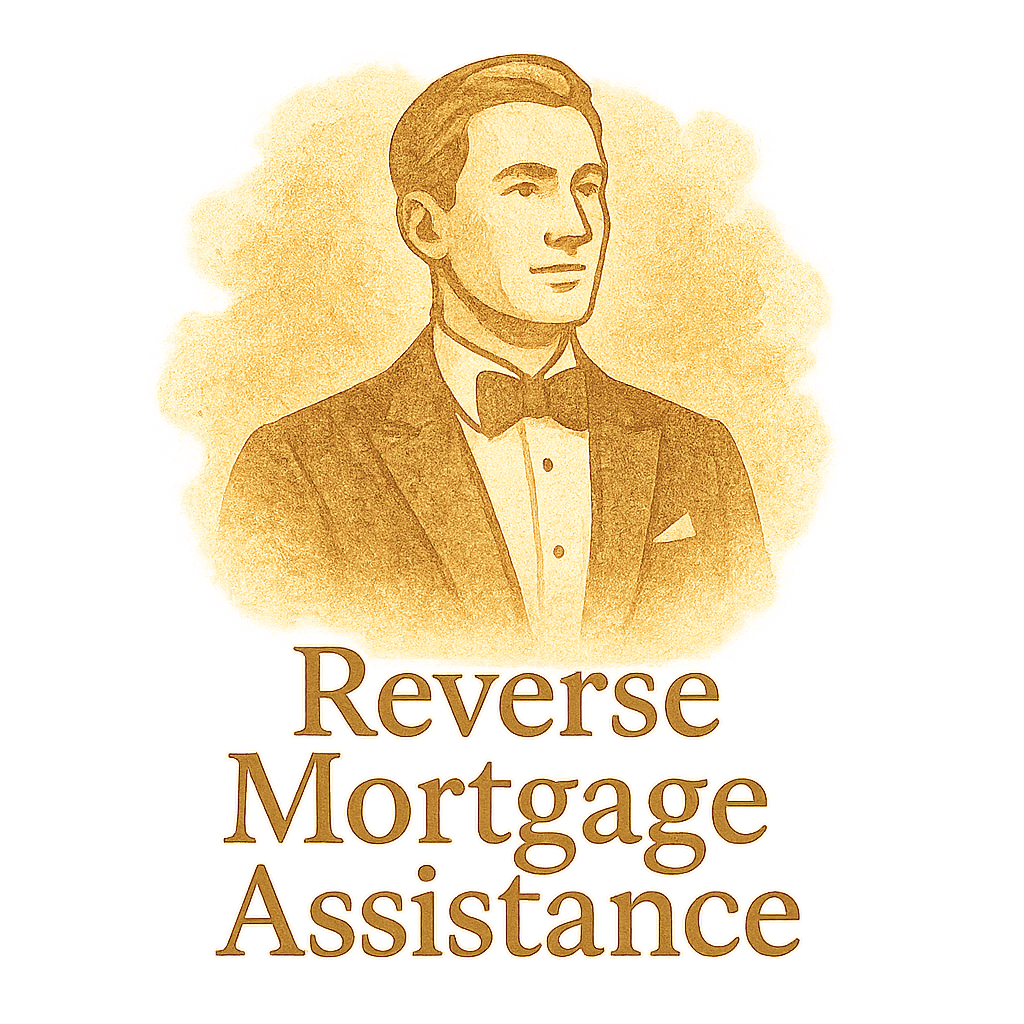If you’re 62 or older and sitting on a pile of home equity, you’re probably wondering, “What now?” Retirement should be about freedom and living life on your terms, not counting pennies. That’s where a reverse mortgage can shine—unlocking the value in your home to meet specific financial goals. Let’s break down exactly how.
Understanding Reverse Mortgages
What Is a Reverse Mortgage?
In the simplest terms, a reverse mortgage lets you tap into your home equity without selling or moving out. Instead of you paying the lender, the lender pays you—either in a lump sum, monthly payments, or a line of credit.
Learn more about the reverse mortgage basics here.
Who Qualifies for a Reverse Mortgage?
To qualify, you typically need to:
- Be 62 or older
- Live in the home as your primary residence
- Have significant equity in the home
And yes, you still have to pay taxes, insurance, and maintain the property.
Types of Reverse Mortgages
There are different types, including:
- Home Equity Conversion Mortgage (HECM): The most common and federally insured
- Proprietary Reverse Mortgages: Offered by private lenders
- Single-Purpose Reverse Mortgages: Typically for low-income seniors
Why Set Financial Goals with a Reverse Mortgage?
Your home equity isn’t just sitting there—it’s a powerful financial tool. When used wisely, it can:
- Free up cash
- Reduce monthly expenses
- Provide peace of mind
Ready to get specific? Here are 7 financial goals you can crush with a reverse mortgage.
Goal #1: Supplementing Retirement Income
Retire Without Worrying About Monthly Bills
Living on a fixed income is no joke. A reverse mortgage provides a steady stream of cash to help cover everyday costs—without dipping into savings.
This is particularly valuable for those exploring mortgage planning strategies.
Stretching Your Retirement Savings
Imagine your 401(k) or IRA as a marathon runner—let a reverse mortgage take some of that burden. It can delay withdrawals and reduce tax implications.
Explore more about smart retirement preparation.
Goal #2: Paying Off Existing Debts
Clear High-Interest Credit Cards
Credit card debt doesn’t mix well with fixed income. Use a reverse mortgage to knock out high-interest balances and reduce financial stress.
Eliminate Monthly Mortgage Payments
Yes, you read that right. If you still owe on your original mortgage, a reverse mortgage can pay it off—meaning no more monthly mortgage payments.
Use this loan comparison tool to see how this strategy stacks up.
Goal #3: Funding Home Renovations
Aging in Place Upgrades
Staying in your home longer means making it safer—grab bars, stair lifts, wider doorways. Reverse mortgage proceeds can cover these expenses.
Explore articles related to aging and seniors for more inspiration.
Boosting Home Value
Want to modernize your kitchen or add energy-efficient upgrades? Improvements can increase your home’s value and quality of life.
Check out case studies to see how others used their loan for this.

Goal #4: Supporting Healthcare Needs
Covering Long-Term Care Costs
Long-term care is expensive. A reverse mortgage can help you afford in-home care or assisted living while preserving other assets.
Emergency Medical Funds
When life throws a health curveball, having accessible funds can mean the difference between scrambling and being prepared.
Don’t forget to visit legal & regulatory resources to understand how healthcare expenses are handled.
Goal #5: Helping Family Members Financially
Assisting Kids with Education or Housing
Want to help your grandchildren with college or your adult children with a down payment? Your home equity can make that possible.
Find more content on intergenerational support.
Creating a Legacy Plan
Giving while you’re still around to see the results can be a rewarding experience. Reverse mortgages help you leave a legacy on your terms.
Check out legal terms and estate planning basics.
Goal #6: Travel and Enjoyment in Retirement
Living Life on Your Terms
Whether it’s cross-country road trips or international cruises, your retirement should be fun. A reverse mortgage gives you the financial room to enjoy it.
Why Now Is the Time to Explore the World
Time is precious. The longer you wait, the fewer years you have for new experiences. Use your home equity to live your dream now.
Explore more reverse mortgage outcomes.
Goal #7: Estate Planning and Wealth Preservation
Protecting Equity for Heirs
It’s a myth that reverse mortgages steal your home. With smart planning, you can still leave something behind for your heirs.
Strategic Planning for Tax Benefits
Depending on how funds are used, reverse mortgages can offer tax benefits. Consult your tax advisor and learn more about mortgage myths and truths.
Myths vs. Reality: Reverse Mortgage Misconceptions
Common Misunderstandings
- “The bank takes my home” – False
- “My heirs get nothing” – Not true
- “It’s only for desperate people” – Nope
Setting the Record Straight
A reverse mortgage is a financial planning tool, not a last resort. Used right, it’s a game-changer.
Explore common myths and truths for clarity.
Is a Reverse Mortgage Right for You?
Who Benefits Most?
If you’re house-rich but cash-poor, this could be your ticket to a better quality of life.
Tools to Help You Decide
Use the reverse mortgage comparison tool or browse through more contract-related info to understand your options.
Final Thoughts
A reverse mortgage isn’t a one-size-fits-all solution—but for many seniors, it’s the key to unlocking a more secure, enjoyable, and independent retirement. From eliminating debt to funding your dreams, your home’s equity can help you achieve powerful financial goals.
FAQs
1. Can I lose my home with a reverse mortgage?
No. As long as you pay property taxes, insurance, and maintain the home, you can live there for life.
2. Will my heirs inherit debt?
No. Reverse mortgages are non-recourse loans. Your heirs won’t owe more than the home’s value.
3. How is a reverse mortgage different from a home equity loan?
You don’t make monthly payments with a reverse mortgage, and repayment is deferred until you move out or pass away.
4. Can I get a reverse mortgage if I still owe money on my home?
Yes, but the reverse mortgage must first pay off your existing mortgage.
5. Are the funds from a reverse mortgage taxable?
Typically, no. The money is considered loan proceeds, not income.
6. Can I use reverse mortgage funds however I want?
Absolutely. Use it for bills, travel, renovations—whatever suits your financial goals.
7. Where can I learn more about legal protections for reverse mortgages?
Visit legal & regulatory information to get educated on your rights.


